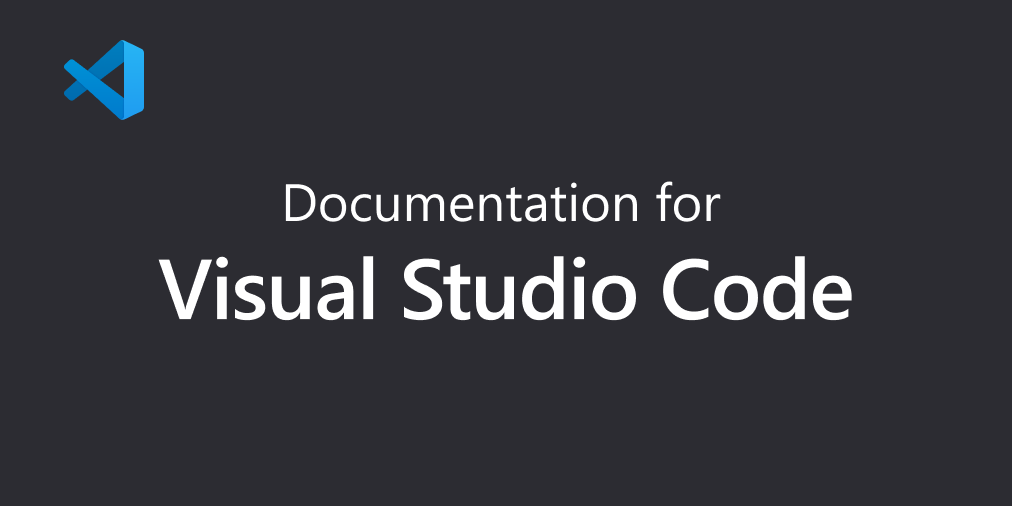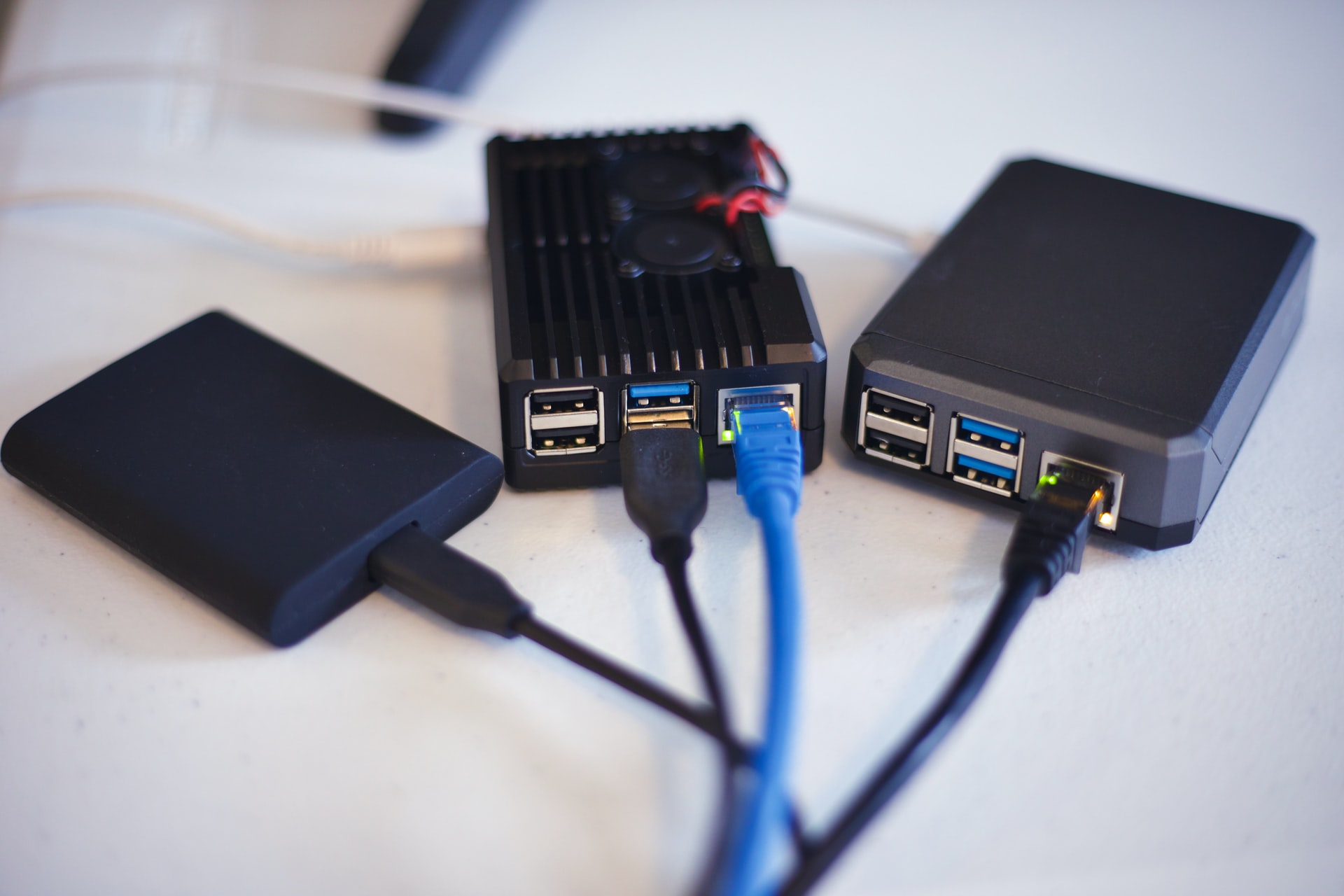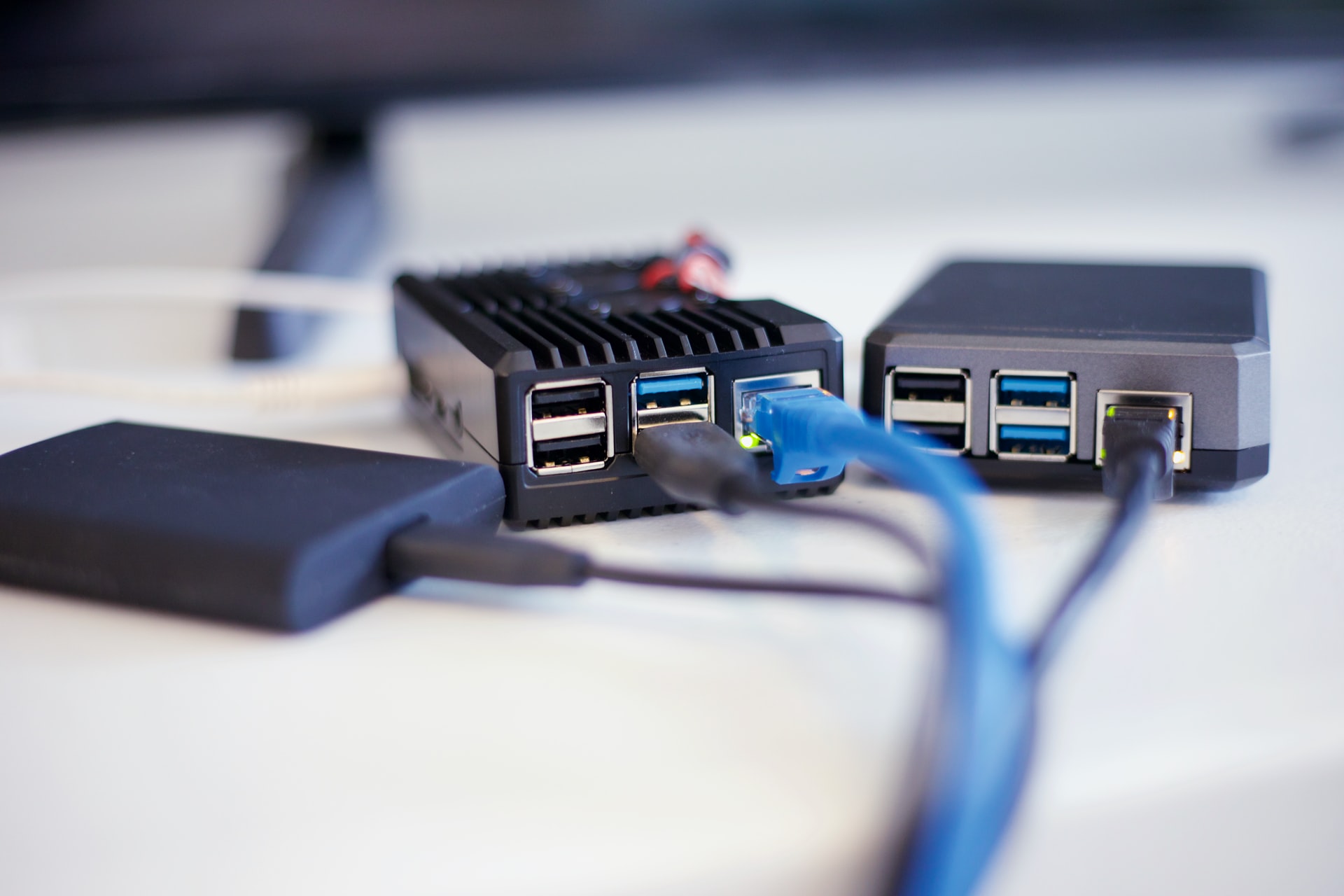I created setup.sh that can be used for Raspberry Pi 4!
After installing OS, we can use like this!
. <( wget -O - https://raw.githubusercontent.com/kurofuku/dotfiles/master/setup.sh ) raspi
If you want to inspect setup.sh virus scan, etc., we can do it as follows.
wget -O setup.sh https://raw.githubusercontent.com/kurofuku/dotfiles/master/setup.sh (Some verification) bash ./setup.sh raspi rm -f ./setup.sh
You can download the contents from here!
Let me explain what contents this script has!
Checking command line options, update packages to latest
Firstly, this script checks command line options.
If options are OK, do apt update/upgrade.
I coded this script to be compatible both Chromebook as well as Raspberry Pi.
CHROMEBOOK=0 RASPBERRYPI=0 if[ $# -ne 1 ] ; then echo "You need to specify chromebook or raspi" 1>&2 exit 1 Fi if[ "chromebook" == $1 ] ; then CHROMEBOOK=1 elif [ "raspi" == $1 ]; then RASPBERRYPI=1 else echo "You need to specify chromebook or raspi" 1>&2 exit 1 Fi # update/upgrade sudo apt-get -y update sudo apt-get -y upgrade
Installing useful packages which can be avainable both for Raspberry Pi 4 and Chromebook
Next, install the package for use with both Raspberry Pi 4 and Chromebook.
nvim, git, tmux and python-pip.
You can add/delete packages line up as you like😎
# install utility sudo apt-get -y install neovim git tmux software-properties-common python-pip python3 python3 python3-pip sudo pip install --upgrade pip sudo pip3 install --upgrade pip sudo pip3 install neovim sudo pip3 install --upgrade neovim sudo pip3 install Pygments
Installing Visual Studio Code
Next, install Visual Studio Code only for Chromebook.
I also included useful extensions.
if[ 1 == ${CHROMEBOOK} ] ; then
sudo apt-get -y install gdebi
# install code
curlSucceed=1
while
[ 0 != $curlSucceed ] do
curl -L -C - -o /tmp/code.deb https://go.microsoft.com/fwlink/?LinkID=760868
curlSucceed=$?
Done
sudo gdebi -o APT::Get::force-yes=true -o APT::Get::Assume-Yes=true -n /tmp/code.deb
rm /tmp/code.deb
VSCODE_EXTENSIONS=" ms-vscode.cpptools
hars.cppsnippets
austin.code-gnu-global
oderwat.indent-rainbow
SolarLiner.linux-themes
alefragnani.project-manager
jtanx.ctagsx
donjayamanne.python-extension-pack
tht13.python
gerane.theme-dracula
pkief.material-icon-theme
coenraads.bracket-pair-colorizer
formulahendry.auto-close-tag
ms-vscode-remote.vscode-remote-extensionpack
"
for extension in ${VSCODE_EXTENSIONS[@]}; do
code --install-extension ${extension}
done
Fi
It’s a bit off the track, but let me recommend to install Remote Development for Visual Studio Code.

dotfiles
Finally, download configuration files for tmux and nvim and so on.
These may be deprecated/not recommended because they are updated over 1 year ago😅
git clone https://github.com/kurofuku/dotfiles cp dotfiles/.tmux.conf . cp dotfiles/.globalrc . mkdir -p .config/nvim cp dotfiles/init.vim .config/nvim cp dotfiles/dein.toml .config/nvim cp dotfiles/dein_lazy.toml .config/nvim rm -rf dotfiles
Conclusion
How was it?
Raspberry Pi 4 is small size, but powerful PC!
If you have any questions, please feel free to comment on SNS!
Setup method is described here!




Comments